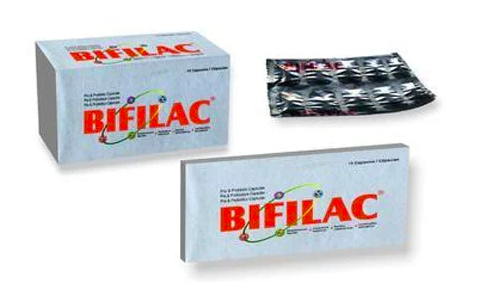Albendazole Tablet is a known anti-parasitic medicine, which is used to treat parasitic worm infections. It functions by eliminating the infection-causing worms and halting the spread of the infection.
The dosage and duration of albendazole tablet use should be followed exactly as prescribed by your doctor. Take it preferably at a set time, with or without food. Even if you feel better, avoid skipping any doses and complete the entire course of treatment.
As side effects of this medication, some individuals may experience nausea, loss of appetite, nausea, vomiting, increased liver enzymes, and dizziness. If these side effects last longer than expected, please call your doctor.
How to use Albendazole Tablet?
- As prescribed by your doctor, typically 1 to 2 times per day, take this medication orally with meals.
- You can crush or chew your medication and drink water if you or your child has trouble swallowing tablets.
- Your doctor might advise you to take this medication in a cycle of treatment for some conditions (like hydatid disease), such as twice daily with meals for 28 days, followed by a 2-week break from it.
- Your weight, health, and treatment response all factor into the dosage.
- To reap the greatest benefits from this medication, take it frequently. Take it at the same time(s) every day to aid in memory.
- Even if symptoms go away after a few days, keep taking this medication until the entire prescribed amount is gone.
- A return of the infection could occur if the medication is stopped too soon.
- For your current condition, other medications (like corticosteroids and anti-seizure drugs) may also be prescribed.
- Follow your doctor’s instructions for dosage exactly.

Side Effects of Albendazole Tablet
Keep in mind that your doctor has prescribed this medication because they believe it will benefit you more than it will harm you. Many users of this medication report no significant side effects. But a few uncommon side effects include:
- Nausea
- Vomiting
- Abdominal pain
- Temporary hair loss
- Severe headache
- Vision changes
- Yellowish eyes
- Pale skin
- Intense stomach pain
- Dark urine
- Unusual fatigue
- Easy bleeding or bruising
- Infection symptoms (such as a persistent sore throat, a fever, and chills)
- Indications of kidney issues, such as changes in urine production
- Confusion
- Really tense neck
- Seizures
- Rash
- Itching
- Swelling, especially in the throat, tongue, and face
- Dizziness
- Difficulty in breathing
If you experience any of these severe side effects, seek medical attention immediately.
Precautions and Warnings
If you have any allergies, including those to other benzimidazole anthelmintics like mebendazole, tell your doctor or chemist before taking albendazole. Inactive ingredients in this product have the potential to trigger allergic reactions or other issues. To learn more, speak with your chemist.
Inform your doctor or chemist of all current medications you are taking, especially of: liver disease, biliary tract issues (such as blockage), and blood/bone marrow disorders.
If you are pregnant or intend to become pregnant, let your doctor know. Albendazole usage should be avoided while trying to conceive. An unborn child could suffer from albendazole. A pregnancy test should be requested by your doctor before you start taking this medication. While taking this medication and for three days following the last dose, inquire about effective birth control methods. Consult your doctor as soon as possible about the risks and advantages of this medication if you find out you’re pregnant.
Read more:
The Aldigesic Tablet- Uses, Side Effects and its Composition
The Bifilac Tablet- Uses, Side Effects And its Composition
दंत चिकित्सक के बिना मसूड़ों की बीमारी का इलाज कैसे करें?





